mass planting
about mass planting
QUICK TIPS:
1. Mass for showy effects
2. Mass to create a plain backdrop
3. Mass bulbs for woodland drifts
4. Mass grasses for texture and movement
5. Contrast different masses together
6. Space plants appropriatelyMass planting is an easy way to create a dramatic or structured planting design from even the plainest plants.
Where even the most stunning plants can get lost in a big garden and a collection of various single specimens can look fussy and fragmented, massed plants work together to make their impact. More than just a repetition of the same plant, they knit as one large visual unit of colour or texture.
Although almost any plant could be massed - depending on the effect required - the best tend to have a spreading habit or are easily propagated and inexpensive to grow in bulk for a big show.
Lawns are a common example of how an ordinary-looking single plant can become a feature when massed. Other low-growing plants can be grouped as an ornamental carpet over expanses of ground instead of lawn or pavers.
Where a massed planting of clipped shrubs can create an inconspicuous background and a formal effect, a drift of bulbs or self-seeded annuals among deciduous trees can be arresting and naturalistic in a woodland design. Swathes of fine grasses charm with their texture and movement in coastal or meadow gardens. Masses of colourful annuals make an eye-catching though temporary spectacle.
Plants are often massed in contemporary and formal garden styles as blocks of colour and texture for strong lines and geometric patterns. Different massed plantings can be juxtaposed to enhance contrasts of colour, form or texture - especially effective when viewed from above.
The growth rate and mature spread of a plant affect the spacing and number needed to fill an area. The effect will take too long and weeds are invited in the meantime if spaced too far. Planting too densely is a waste of resources and soon leads to over-crowding.
Use the Plant This Plant Selector to help you choose a species for planting over and over.
Comments (0)
Tell our Plant Selector what you want & like and we'll search thousands of plant profiles for compatible matches
Special Offers
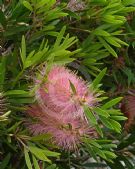
Plant of the Day
Glasshouse Country Bottlebrush
Plant type: evergreen shrub
H: 5m W: 2.5m
Sunlight: hot overhead sun

Fast Facts
mass planting - use
Massed plants work together to make their impact. More than just a repetition of the same plant, they knit as one large visual unit of colour or texture.
Recently added mass planting articles
Most viewed mass planting articles
Get the Plant Selector's full features plus news, forums & competitions. Sign up, it's free.
Click here for more
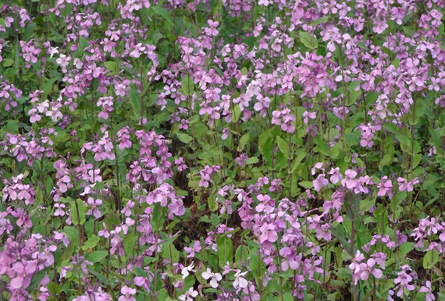
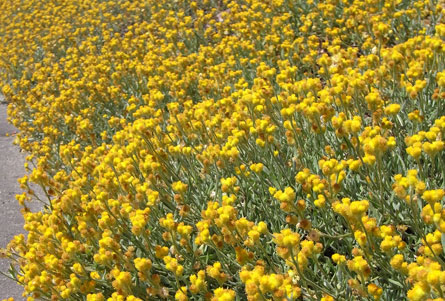
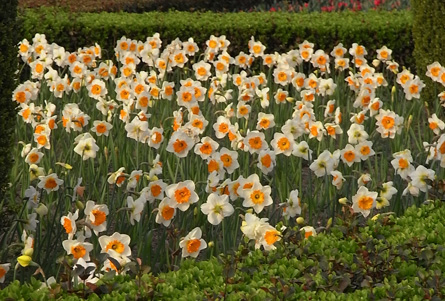
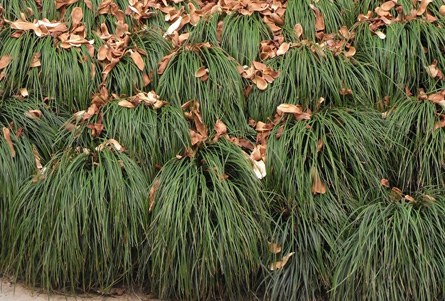




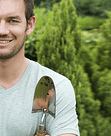
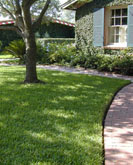

You must be a member to share: Login or Register